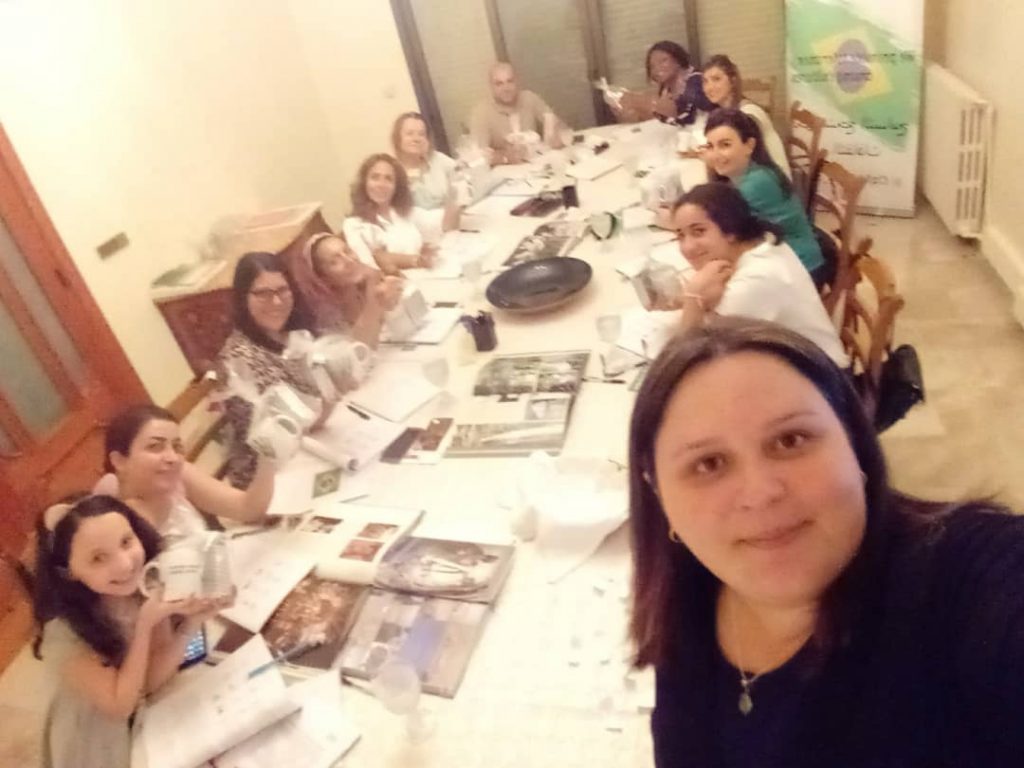São Paulo – Two Brazilian women living in Syria told ANBA how the war impacted their lives. Both live with their husbands and children, Marcela Jacques in Damascus and Renata Isa in Homs, and were in the country when conflicts started in 2011. They are both friends.
In the series on Syria that was recently published, the agency included parts of their testimonies in the reports on Damascus and Homs, and now shows other details.
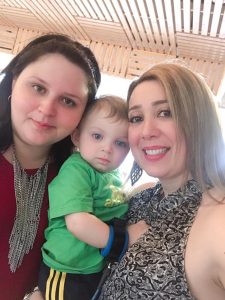
After meeting a Syrian young man on the internet and having online conversations with him throughout a year, Marcela, who was born in Recife, decided to go to the Arab country in late 2008 to meet him. “It worked out and I stuck around,” she said. “We married in 15 days and I was pregnant two months later, isn’t it so, ‘habibi’?” she teased her husband, who was at her side while she talked to ANBA on the phone. “Habibi” means “sweetheart” in Arabic.
The couple has two kids, a 10-year-old girl and a 18-months-old boy. Her husband works in an embassy in Damascus and Marcela is a Portuguese teacher. Pictured above, a selfie of her and her students.
Born in Curitiba, Renata has also married and had two kids, but while she was living in Brazil still. Now, her boys are 8 and 14. The family moved to Homs in early 2011. The riots of the so-called Arab Spring were taking place in several countries in the region, but things hadn’t still escalated to a full-blown conflict in Syria.
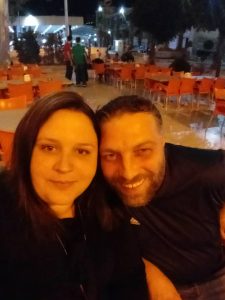
“My husband is from Homs, Syria and wanted to go back home, and we both wanted to raise our kids in a safer place, without so much crime,” she said. “We didn’t know what was going to happen, what it would become,” she said. Renata is a dentist and her husband is a civil engineering.
What to do?
Things were getting worse and both woman and their families faced the same question: should we stay, or should we go?
“When things really got ugly and bombings started in the city in 2012, I got scared,” Marcela said. Although Damascus itself was not the scene of fighting, the capital city’s outskirt saw heavy conflicts, including projectiles shot at the city’s downtown.
“It was very troubling. There were tanks on the streets, army’s choppers and planes overhead. Rebels had surrounded Damascus reached the suburbs,” Marcela said. She said that for two occasions she was near places hit by bombs.
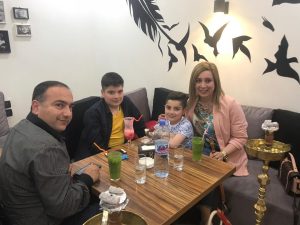
In Homs, on the other hand, combats took place in the city’s central area. Although the neighborhood where she lives was not the front, Renata stressed scary episodes, such as a mortar falling on the parking lot of a building nearby, an explosion in a house on the neighborhood, snipers shooting up a building in the region, and deaths.
The family decided to move out from Homs to her parents-in-law’s near Tartus, a city on the Mediterranean coast of Syria, where there was no fighting. “Many families moved to this region. Those who could afford came,” said Renata.
Marcela, in turn, decided to come back to Brazil with her daughter – the boy hadn’t been born yet – while her husband stayed in Damascus. She stayed in the country during 2013. The Syrian army only announced it had retaken full control of the capital city’s outskirts in May 2018.
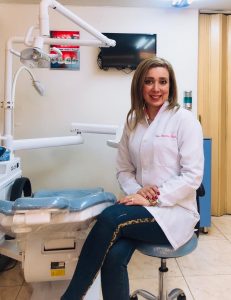
Renata stayed in the region of Tartus for a year and a half. “Until things had settled down,” she said. Homs’ most central areas were cleared only in mid-2014.
Besides the violence, Renata told goods were more expensive, and there were blackouts and shortage of fuel, even for the heating. Fuel rationing is still in force in Syria.
And now?
“I was very disappointed since [before the war] I’d came here on vacation every two years and found everything wonderful, and that’s why I decided to move,” she said. “I left everything [in Brazil] and when the war started, I didn’t know what to do,” added Renata, who is a daughter of Syrian parents.
Now she is back to her dental office in Homs, tough.
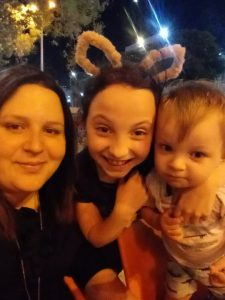
Marcela also described constant blackouts and scarcity of fuels and other products. “There was not one day without a blackout,” she said. She told that armed groups took over a water reservoir in the city once. “And the Syrian pound was seriously depreciated,” she said.
Now, the Damascus resident teaches embassies’ workers, Syrian-born Brazilian people who don’t speak Portuguese, entrepreneurs doing business with Brazil, and people interested in learning languages in general. She also takes part in charitable initiatives leaded by Brazil’s ambassador to Damascus, Mercedes Pitaluga, which bring together members of the local Brazilian community in regular meetings.
But Marcela doesn’t want to stay in Syria anymore.
Translated by Guilherme Miranda



